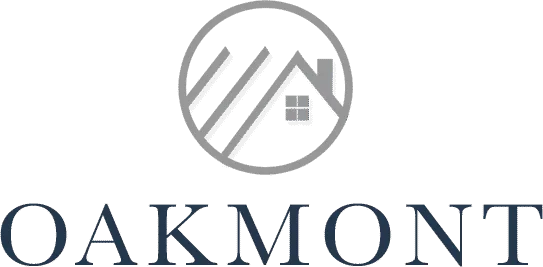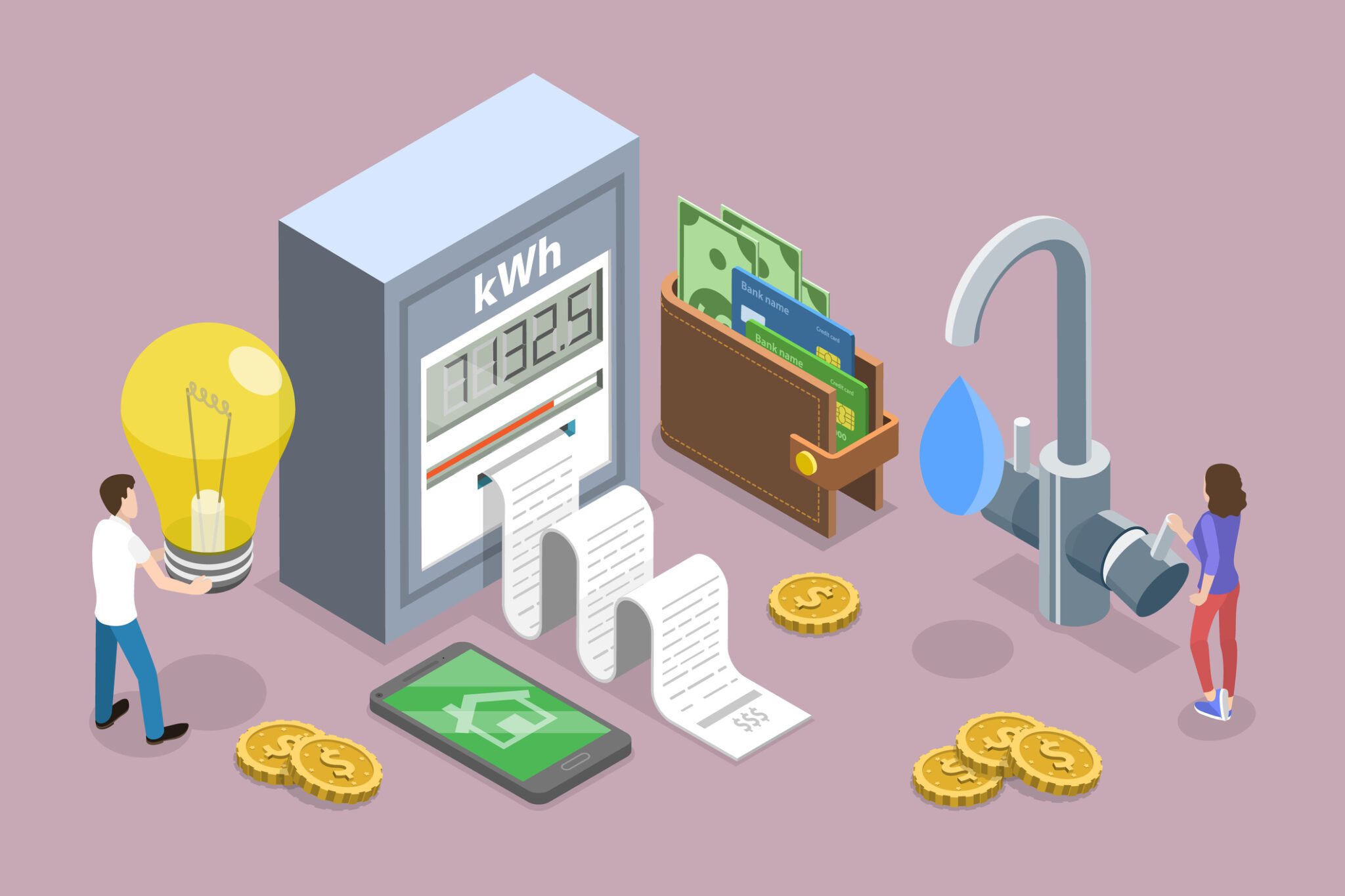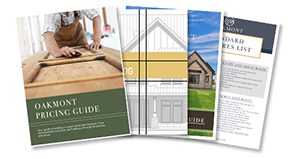Reading Time: 4 minutesBoise, Idaho has long been a highly sought-after city because of its low cost of living and high quality of life. People choose to move to Boise because of its low crime rate, abundance of outdoor activities, good job opportunities, and family-friendly environment.
But with record-breaking inflation and soaring housing prices over the last few years, is it still affordable?
Here we’ll look at the cost of living in Boise, Idaho vs. the cost of housing so you can get a realistic idea of what it takes to live here.
Cost of Living in Boise Idaho
While Boise is not as expensive as other major US cities, it has still been impacted by rising inflation rates and increased housing costs. The cost of living may be best illustrated by understanding living wage calculations determined by typical expenses in Boise. Some examples of average living costs in Boise include:-
- Housing: $1,540 for a two-bedroom apartment rental; $524,558 as a median home price (more on the cost of housing in Boise below)
-
- Transportation: $3.92 per gallon of gas
-
- Food: Bread ($3.36), dozen eggs ($1.55), or a gallon of milk ($1.99)
-
- Healthcare: $137.35 for a doctor’s visit
-
- One adult, no children: $16.17/hour
-
- One adult, two children: $39.53/hour
-
- Two adults (one working), no children: $25.72/hour
-
- Two adults (one working), two children: $37.17/hour
-
- Two adults (both working), no children: $12.43/hour
-
- Two adults (both working), two children: $22.73/hour
Cost of Living in Boise, Idaho vs. Other Cities
It is also helpful to understand the cost of living in Boise in comparison to other cities. Using a cost-of-living calculator, we can see how Boise compares to other cities in the US of a comparable size (200,000-250,000 people):-
- Spokane, Washington: 2% lower cost of living than Boise
-
- Scottsdale, Arizona: 7% higher than Boise
-
- Lubbock, Texas: 18% lower than Boise
-
- Richmond, Virginia: 11% lower than Boise





